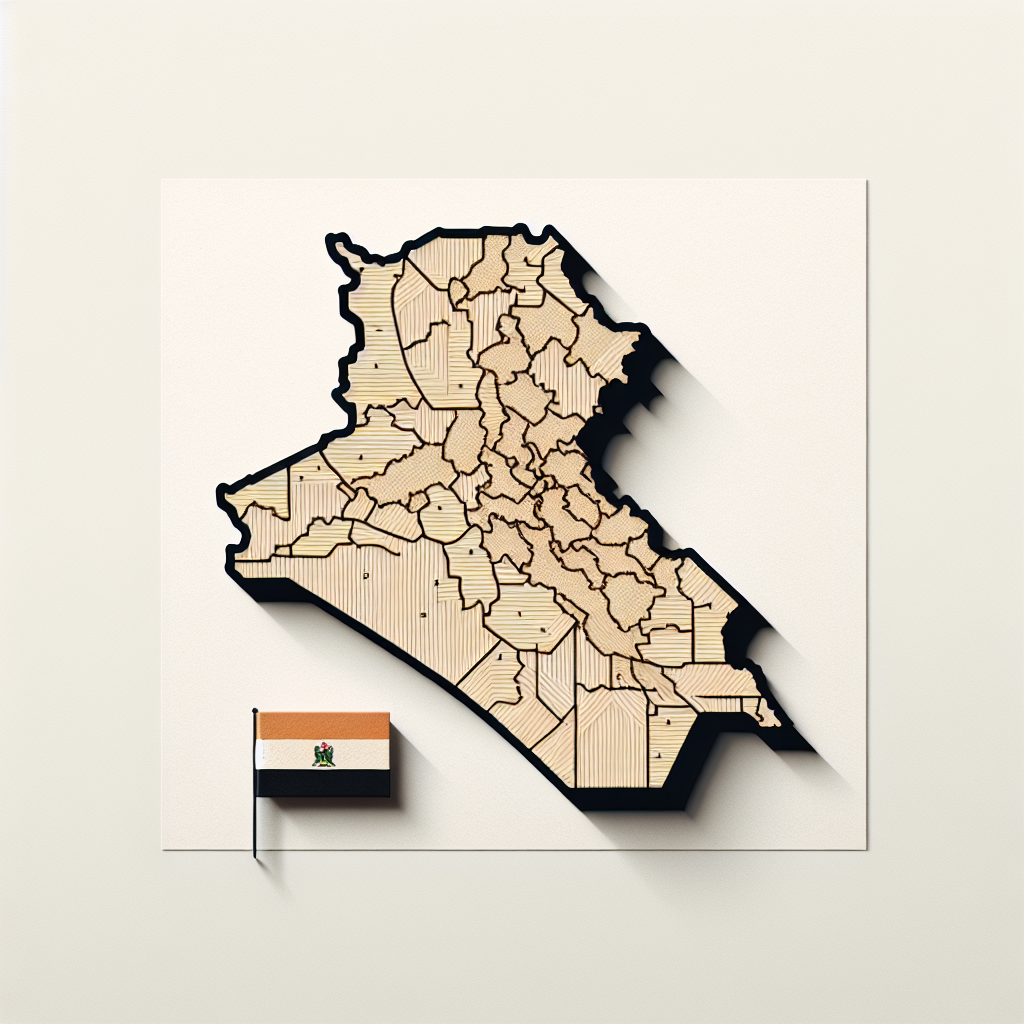FBAR Compliance for Americans with Assets in Myanmar: A Comprehensive Guide
Table of Contents
- Overview
- What is FBAR?
- Who Must File FBAR?
- Reporting Basics
- Myanmar FBAR & IRS Compliance
- 10 Key Points for American Expats in Myanmar Filing FBAR
- Myanmar-Specific Reporting Requirements
- Additional Financial Assets and Income from Myanmar
- Compliance and Tax Considerations for Americans in Myanmar
- Frequently Asked Questions (FAQs)
- File Your FBAR Now
Overview
As an experienced CPA specializing in FBAR compliance, I've seen firsthand the complexities involved in managing international financial commitments. For American expatriates in Myanmar, understanding and complying with Foreign Bank and Financial Accounts (FBAR) reporting requirements are paramount. Complying not only demonstrates financial transparency but also mitigates the risk of penalties.

What is FBAR?
The FBAR, formally known as FinCEN Form 114, is a report filed electronically with the Financial Crimes Enforcement Network, an agency of the U.S. Department of Treasury. It applies to U.S. persons — citizens, permanent residents, or entities — who have financial interests in or authority over bank accounts, mutual funds, or other types of financial accounts in foreign countries, if the aggregate value of those accounts exceeds $10,000 at any point during the calendar year.
Who Must File FBAR?
- U.S. Citizens: Including those living as expatriates in Myanmar.
- Green Card Holders: Residing in Myanmar or elsewhere outside the U.S.
- U.S. Entities: That have foreign financial accounts.
Reporting Basics
Filing an FBAR is more than a legal requirement; it's a critical step in maintaining your financial health while living abroad. The FBAR is filed separately from your tax return, and the start of your journey to financial compliance begins with understanding your obligations.

Myanmar FBAR & IRS Compliance
Navigating the FBAR filing requirements for American expats in Myanmar involves a deep dive into the specifics of international finance and taxation agreements between Myanmar and the United States. Compliance ensures you're on the right side of the law and helps avoid any unnecessary complications with your finances abroad.
10 Key Points for American Expats in Myanmar Filing FBAR
- Understand the distinction between FBAR and tax returns — they are filed separately.
- Know the deadline: FBARs must be filed by April 15, with an automatic extension to October 15.
- Aggregate account balances: All foreign account values are combined to meet the filing threshold.
- Joint accounts with non-U.S. individuals still need to be reported.
- Review signature authority rules — you might need to file even without financial interest in an account.
- All types of income, such as interest from foreign bank accounts, must be reported.
- Understand the specifics of what constitutes a financial account.
- Awareness of penalties for non-compliance is critical.
- FBAR amendments are possible if you've made an error or overlooked an account.
- Using professional FBAR filing services can simplify the process.
Myanmar-Specific Reporting Requirements
- Report accounts in both local and foreign currencies.
- Include savings, checking, insurance policies with cash value, and other financial accounts.
- Declare investments in Myanmar mutual funds and other securities.
- Report any financial interest in or authority over a business’s financial accounts.
- Physical assets and real estate do not fall under FBAR but must be reported under FATCA if applicable.
- Understand the difference between resident and non-resident accounts.
- Include pensions, annuities, or other retirement accounts that qualify.
- Make sure to report any income generated from these accounts.
- Understand the currency conversion rates for reporting in USD.
- Keep records of all accounts and assets for at least five years.
Additional Financial Assets and Income from Myanmar
- Capital gains from investments in Myanmar need to be reported on your tax return.
- Rental income from property in Myanmar should also be declared.
- Investments in Myanmar startups or businesses should be reflected in your reporting.
- Earnings from consulting or freelance work performed in Myanmar require disclosure.
- Gifts or inheritance from Myanmar sources might be subject to reporting and taxation.
Compliance and Tax Considerations for Americans in Myanmar
- Stay informed on the latest tax treaty implications between the U.S. and Myanmar.
- Understand how FATCA affects your reporting obligations.
- Utilize foreign earned income exclusion and foreign tax credit to minimize double taxation.
- Keep documentation for all foreign income, taxes paid, and bank statements for at least five years.
- Consider the impact of state taxes, as some states do not recognize the foreign earned income exclusion.
- Review the treatment of specific financial products and income types under U.S. tax law.
- Engage with a tax professional experienced in expatriate tax issues for personalized advice.
- Keep abreast of IRS updates on foreign account reporting and tax obligations.
- Evaluate the risks associated with non-compliance, including penalties and legal consequences.
- Understand the FBAR filing process and seek assistance if necessary.
- Make sure to report all income, including employment, investment, and passive income.
- Regularly review your financial portfolio for any changes that might affect your FBAR obligations.
Frequently Asked Questions (FAQs)
- What if I discover unreported accounts after filing my FBAR? Amend your FBAR as soon as possible to include the new information.
- Can I delegate someone to file my FBAR on my behalf? Yes, but you remain responsible for ensuring accurate and timely filing.
- Do I need to report accounts that I only have signature authority over? Yes, if you have signature authority, you must report these accounts even if you have no financial interest in them.
- What are the penalties for failing to file an FBAR? They can range from civil penalties for non-willful violations to criminal penalties for willful violations.
- How do I file an FBAR? FBARs are filed electronically through the FinCEN's BSA E-Filing System.
- Do I need to file an FBAR if I'm not required to file a U.S. tax return? Yes, the FBAR filing requirements are independent of whether you must file a U.S. tax return.
- Can FATCA reporting substitute for FBAR filing? No, FATCA and FBAR requirements are separate, and compliance with one does not negate the responsibility to comply with the other.
- How long should I keep my foreign bank account records? You should keep them for at least five years from the FBAR due date.
- Does moving funds between foreign accounts affect my FBAR reporting? The movement of funds between accounts does not relieve you of the requirement to report both accounts if each individually or their aggregate balance exceeded $10,000.
- What happens if I overestimate my account balances? It's better to overestimate than to underestimate, but strive for accuracy by referring to bank statements and other financial documents.
File Your FBAR Now
Filing your FBAR as an American in Myanmar is not just about compliance; it's about achieving peace of mind. Navigating the complexities of international banking laws and U.S. reporting requirements may seem daunting, but it is both a necessity and an opportunity to ensure your financial integrity. As a devoted family man and a professional committed to my clients, I understand the importance of protecting what matters most. By staying compliant, you safeguard not only your financial future but also the well-being of those you love. Let's embrace the responsibility with eagerness and ensure our financial security, together.
